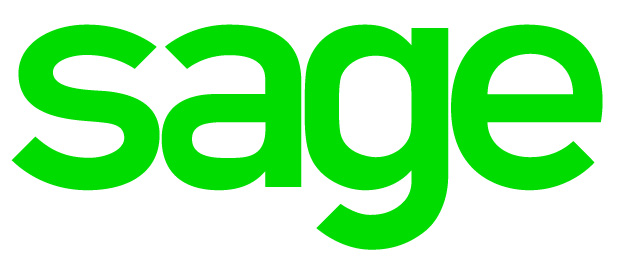Selling shares?
As a general rule, if you sell shares for more than you paid for them, any profit you make will be chargeable to Capital Gains Tax (CGT).
Shares and investments you may need to pay tax on include:
- shares that are not in an ISA or PEP
- units in a unit trust
- certain bonds (not including Premium Bonds and Qualifying Corporate Bonds).
CGT will not usually be payable if you give shares as a gift to your husband, wife, civil partner or a charity.
You also do not pay Capital Gains Tax when you dispose of:
- shares you’ve put into an ISA or PEP
- shares in employer Share Incentive Plans (SIPs)
- UK government gilts (including Premium Bonds)
- Qualifying Corporate Bonds
- employee shareholder shares – depending on when you got them
The amount of CGT payable will depend on your other earnings in the tax year. You may also be able to claim other reliefs if you are selling shares in a business that you control.
Finally, we are all entitled to make tax-free capital gains each tax year. For 2019-20, the CGT annual exemption is £12,000.
Latest News
- More regulation for trader recommendation sites - July 23, 2024
- Back to work plan - July 22, 2024
- How will Rachel Reeves change UK taxation? - July 18, 2024
- Government is using AI - July 16, 2024
- Remember to pay your Class 1A NIC - July 11, 2024
- Beware business rates appeals deadlines - July 9, 2024
- Tax Diary July/August 2024 - July 5, 2024
- Filing your tax return early - July 5, 2024






